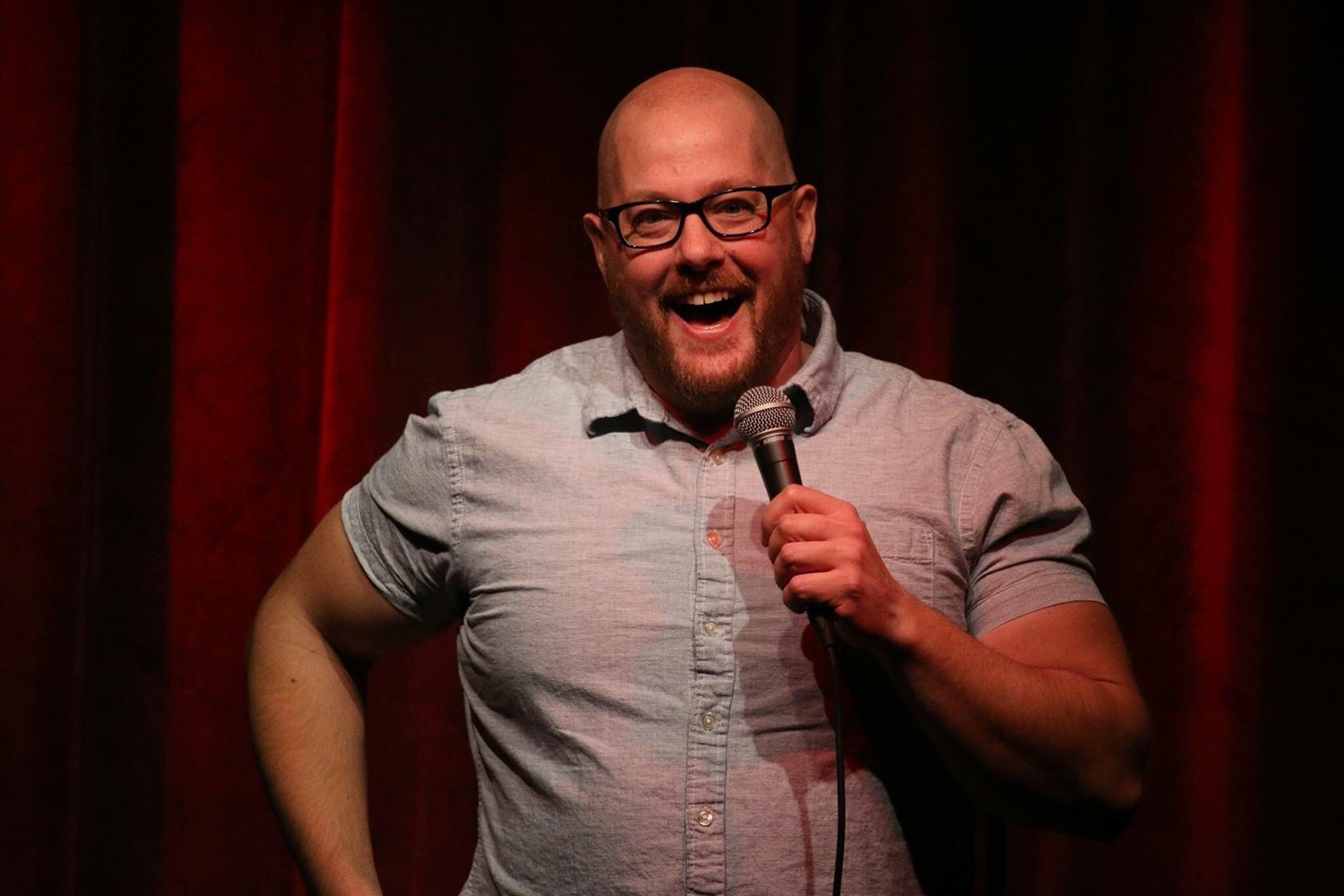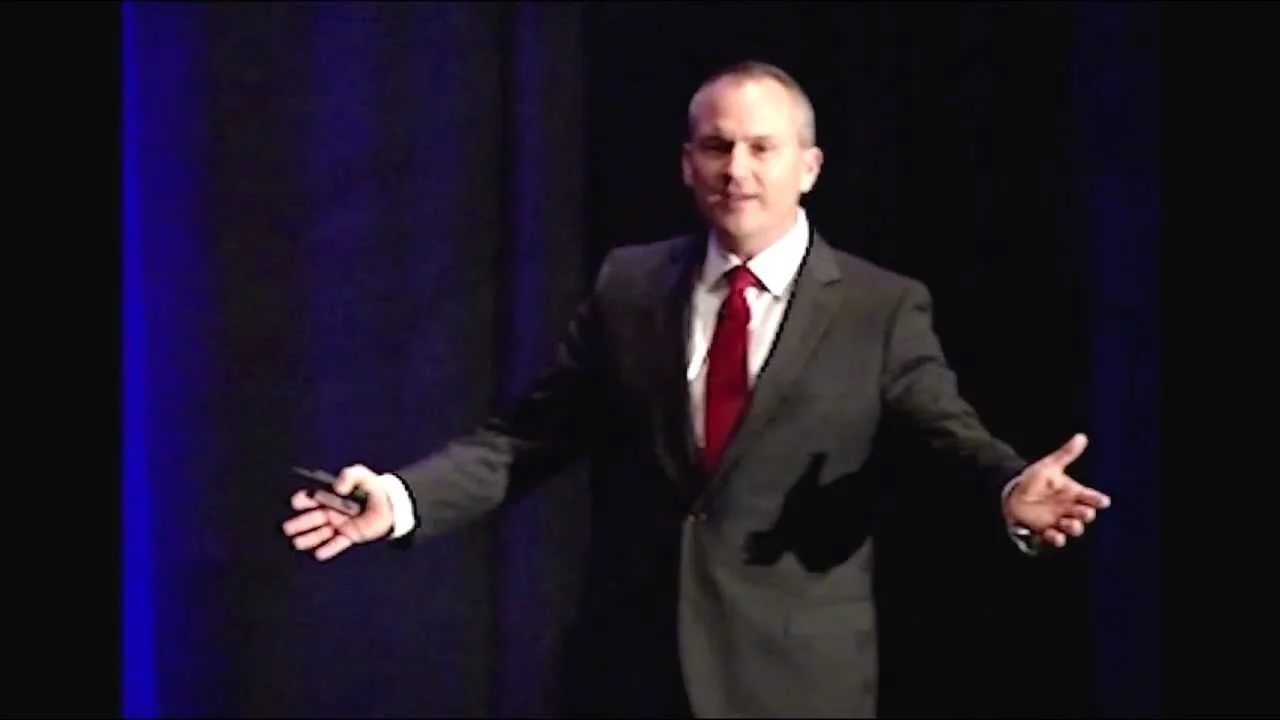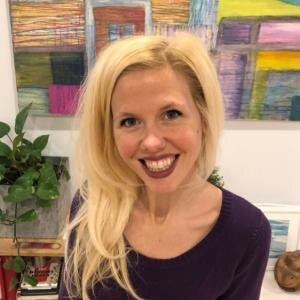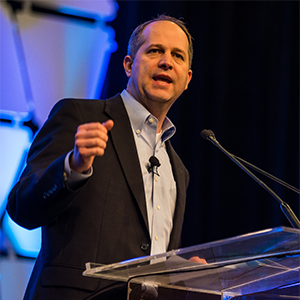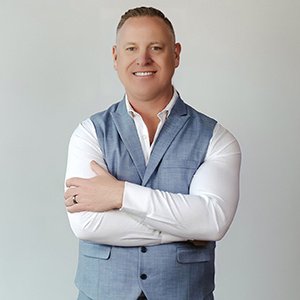NEW SHOW FEATURE: If you want to ask Ron or Ed a question and be featured on the show, please submit a voice recording from any device at https://thesoulofenterprise.com/questions
SHOW SUMMARY: In this episode of The Soul of Enterprise, hosts Ron Baker and Ed Kless dive into the world of creativity and innovation with a focus on the work of two remarkable individuals: Rory Sutherland and Rick Rubin. Sutherland, a leading advertising executive known for his unconventional thinking, and Rubin, a legendary music producer celebrated for his minimalist approach, offer unique perspectives on the creative process. Join us as we explore how these two visionaries approach problem-solving, the importance of intuition in their respective fields, and the impact of their work on advertising and music. We'll discuss key insights from Sutherland's thought-provoking theories on behavioral economics and Rubin's philosophy of creating space for artists to express their true selves.
AI SHOW NOTES
These are AI notes so keep in mind that much of the context of the quotes/snippets is missing.
Introduction to Rick Rubin and Rory Sutherland:
The episode focuses on a conversation between Rick Rubin and Rory Sutherland, emphasizing the importance of creative solutions and the impact of their insights on business and creativity.
Creativity vs. Rationality:
Discussion on why creative people must present their ideas to rational finance people for approval, but not the other way around. This emphasizes the imbalance in decision-making processes in organizations.
Anecdotes vs. Averages:
Anecdotes are considered more impactful than averages because they provide relatable stories that people can connect with, as opposed to abstract numbers.
Concept of Veblen Goods:
Explanation of Veblen goods, where demand increases with the price due to their status signaling effect, and how this concept applies to luxury goods and pricing strategies.
Importance of Constraints in Creativity:
Creativity can be sparked by either abandoning assumptions or imposing additional constraints. The latter can often lead to innovative solutions.
Feedback Loop between Exploration and Exploitation:
Using the example of bees, the importance of balancing exploration (discovery of new opportunities) and exploitation (maximizing existing opportunities) in business strategies.
Humanity's Misconception of Understanding:
One of humanity's greatest problems is thinking we know how things work, highlighting the need for continuous questioning and exploration.
Rick Rubin's Insights on Creativity:
Rubin's book "The Creative Act" is filled with profound aphorisms, such as "The real work of the artist is a way of being in the world," emphasizing the deeper essence of creativity beyond just the output.
Irrationality in Decision-Making:
Example of how emotional and irrational factors often drive major decisions, such as purchasing a car, despite the complex and rational processes involved in creating it.
Bonus Content is Available As Well
Did you know that each week after our live show, Ron and Ed take to the microphone for a bonus show? Typically, this bonus show is an extension of the live show topic (sometimes even with the same guest) and a few other pieces of news, current events, or things that have caught our attention.
Click the “FANATIC” image to learn more about pricing and member benefits.

